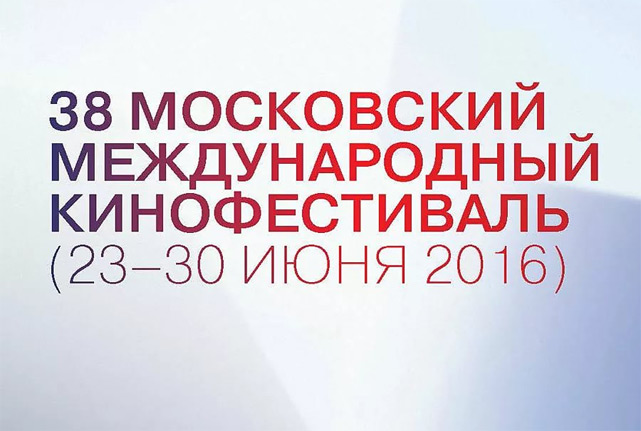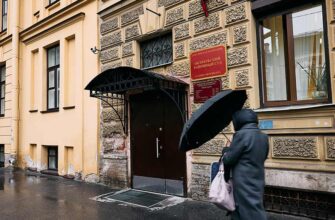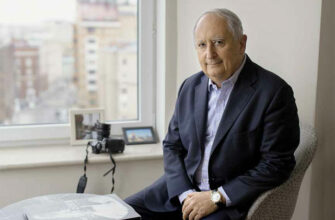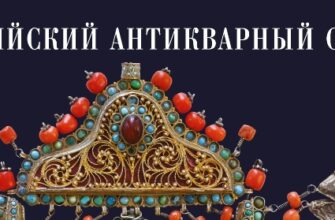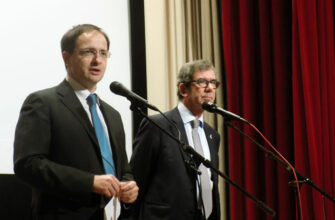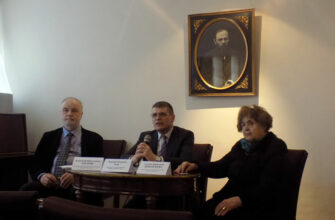June 21, 2016, on the eve of the opening 38 of the Moscow film festival in the conference hall of the Moscow house of cinematographers has passed a press-conference on the occasion of the opening of new programs of domestic films. At the press conference were presented the main Russian movie news and announced the plan of the shows of the festival. Here, what is most important, sounded the primordial perspectives of Russian art – its moral component.
E Vesti offers its readers a General statement of key events and brief video clips that will allow you to create a personal impression of the paintings and people.
The Russian program of the festival’s artistic Director Irina Pavlova called “large-scale panorama of the Russian cinema festival of the year, she also outlined the main elements of the programme that are waiting for the Russian audience from small to large.
The program includes first of all a session of cartoons (25 paintings, including 3 full-length), many of which are for children. The sessions will take place 24.06 – 29.06 starting at 14:00 in the Small hall of the Moscow house of cinematographers. There’s also a little bit later (16:30) will be shown a new Russian documentary.
Another highlight will be the demonstration short movies. Here “there will be many social dramas”. A marathon of short films will be held on June 29 after 16:30 in White hall of the House of cinematographers.
A retrospective program of the festival was this year entirely dedicated to Andrei Tarkovsky and represents a full academic collected works”.
<видео начала пресс-конференции>
The film is opening the Russian Prime Minister will be “House for Rent with all amenities” – a simple and light story of five women.
The festival will be closed with a more “gloomy” Russian novel by Igor Ugolnikov of “the First world war. WWI”. It will be held June 29, 2016 at 19:00 in the Great hall of the Union of cinematographers. The theme of the First world war the Creator of the tape is explained by the fact that today “it is necessary to return the memory of generations, not only about the 2nd war, but on the 1st”. “100 years – time to forgive. 100 years – a time to remember.”
The film contains national almanacs of the war. It is the integration of national visions of the tragedy was made at this level, I found a lively response in the preliminary impressions in Asia.
